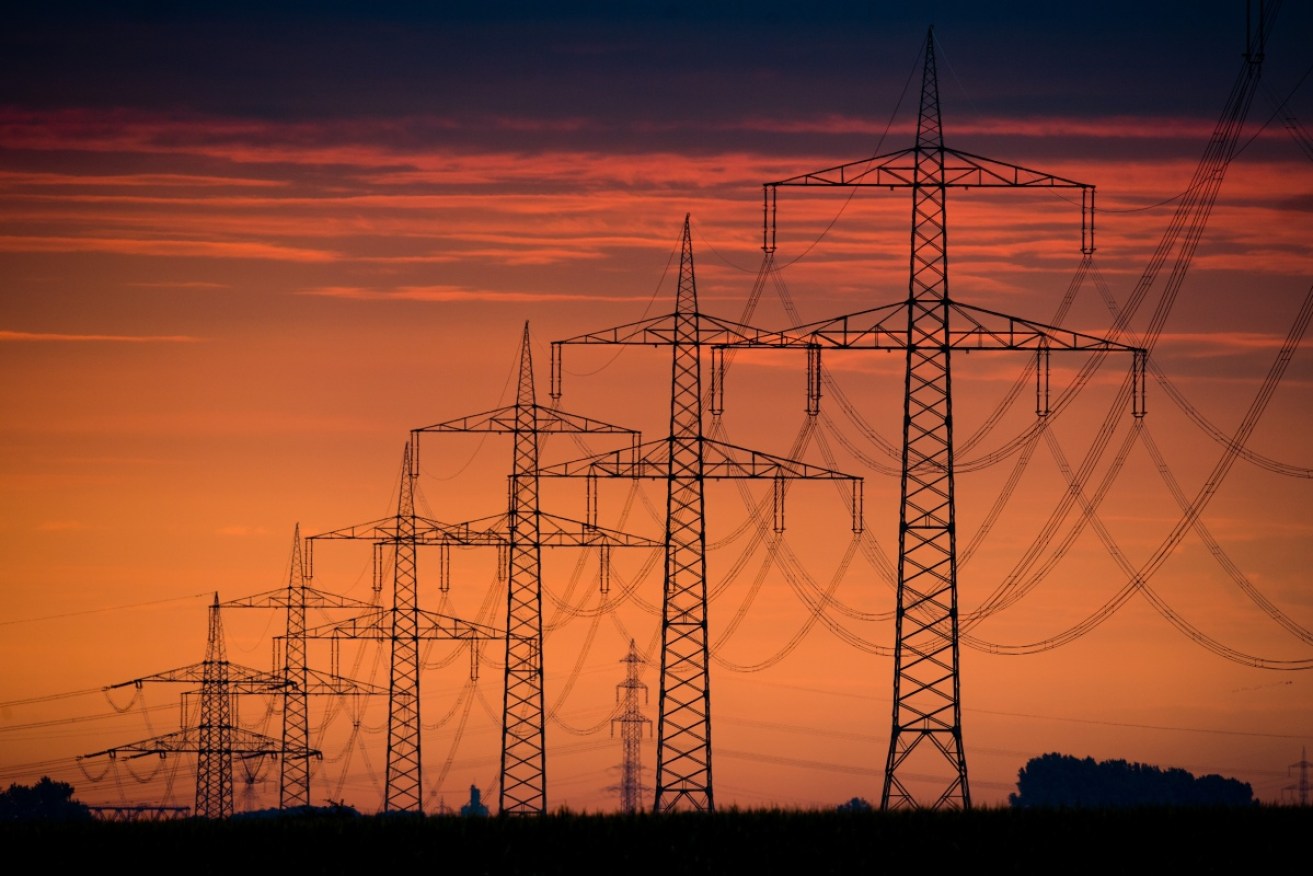ACCC publishes confusing report blaming poles and wires for electricity prices


Rent charged by poles and wires accounts for almost half of your energy bill. Photo: AAP
The competition watchdog has claimed Australia’s rocketing power prices must be pinned, not on gas producers, but on the owners of the nation’s electricity network – AKA the ‘poles and wires’.
The findings, which were splashed across the front pages of Monday’s papers, appeared to contradict recent reports that have laid the blame at the feet of natural gas exporters, leaving consumers confused over exactly who to blame for their rising energy bills.
Adding to the confusion, the report also directly contradicted Chief Scientist Alan Finkel, arguing that a Clean Energy Target (CET) would have no effect on energy prices, rather than reduce them, as Dr Finkel’s report suggested.
But an energy expert from think tank the Grattan Institute told The New Daily that, while the ACCC report was technically accurate, consumers were nevertheless correct to pin the blame for the recent spike in power bills on the high cost of gas and the reduction in coal-fired power generation.
The ACCC’s findings
The Australian Competition and Consumer Commission’s report, released on Monday, found that 48 per cent of your electricity bill goes to ‘network costs’.
That’s the rent your retailer (say, Origin, AGL or Energy Australia) pays the owner of the poles and wires.
So, if your electricity bill is $1000, $480 of that would go to the owner of the poles and wires. That might be a state government or a private owner.
Meanwhile, $220 would go to the wholesale electricity producer – that is, the power station owner – and $70 would go to ‘green’ costs.
Your energy retailer would take $240. Of that, $160 would go towards business costs, leaving the company with $80 to pocket as profit.
Gold plating explained
The Grattan Institute’s David Blowers told The New Daily that over the past decade or so, the rent paid to the owners of the poles and wires had surged thanks to a dubious practice known as ‘gold plating’.
Gold plating works as follows:
To protect consumers from price gouging, the Australian Energy Market Operator (AEMO) limits the amount of rent a network owner can charge for the use of its poles and wires.
However, to incentivise owners to invest in their networks, AEMO allows them to add a percentage of profit on top of any investment they make to improve the network. Until recently, it was as high as 10 per cent, the Grattan Institute says.
The network owners figured out that the more they spent on their networks, the more they would receive in profit. After all, 10 per cent of $2 is more than 10 per cent of $1.
As a result, they invested more money in expansion and improvement than was necessary – i.e. they ‘gold plated’ their networks. And households picked up the bill.
Where the ACCC report could be misleading
Mr Blowers told The New Daily that, while gold plating was a big problem, it was nothing new, and was being addressed.
“This is an issue that has been recognised. The regulator has lowered the margin that owners can charge. It recognises that the incentives to build were far too high.”
He went on: “The last 18 months or so have been all to do with how much we’re paying on the wholesale market.”
The wholesale market, he said, refers to the cost of buying electricity from generators. Wholesale prices are driven by cost and supply of energy sources such as coal, gas and renewables. They are also driven by demand.
The current undersupply of natural gas in the domestic market, along with the retiring of old coal-fired power stations, is putting intense pressure on the wholesale cost of electricity.
While steps have been taken to address the issue of gold plating – including the reported appointment of a new ‘energy tsar’ – the wholesale question is more of a live issue.
On whether a CET would or wouldn’t reduce energy prices, meanwhile, Mr Blowers said it was too complex an issue to predict. But he said a clear policy on clean energy was necessary to encourage investment.
The government is expected to reject Dr Finkel’s recommendation for a CET, in preference for an as yet undisclosed alternative policy.








